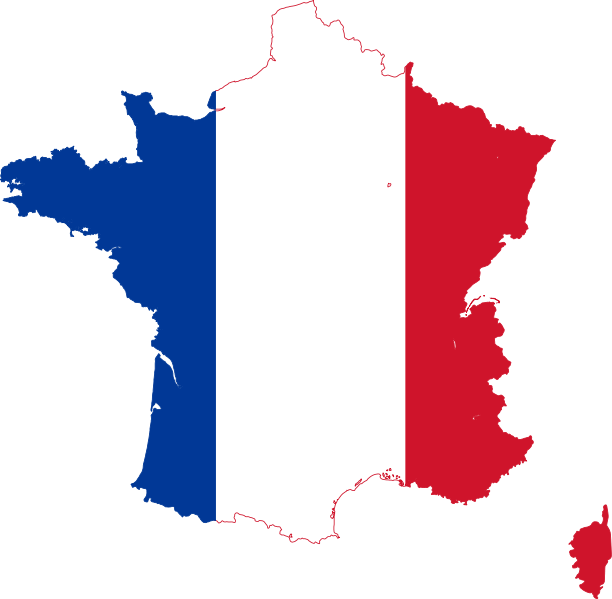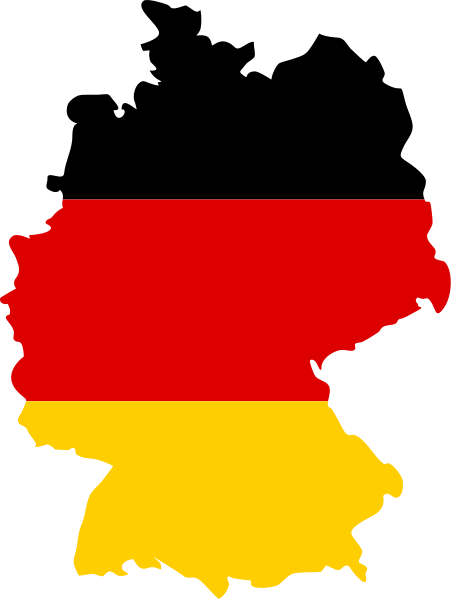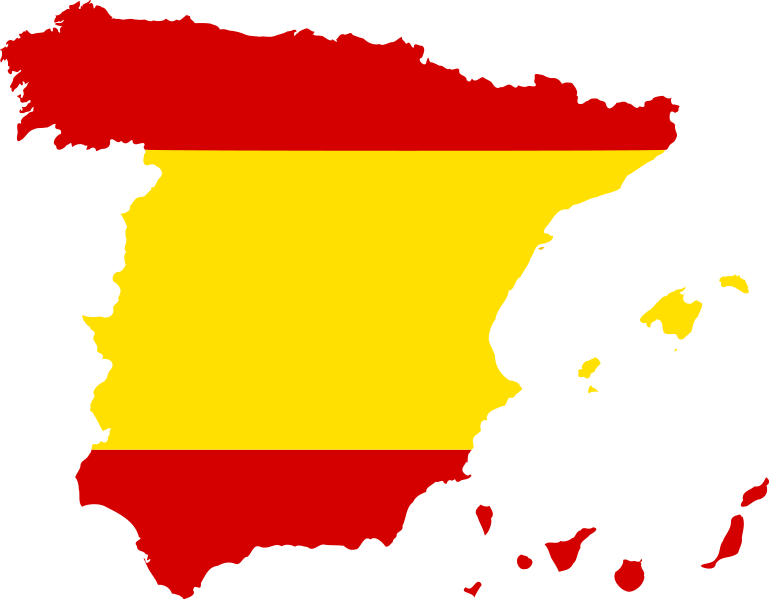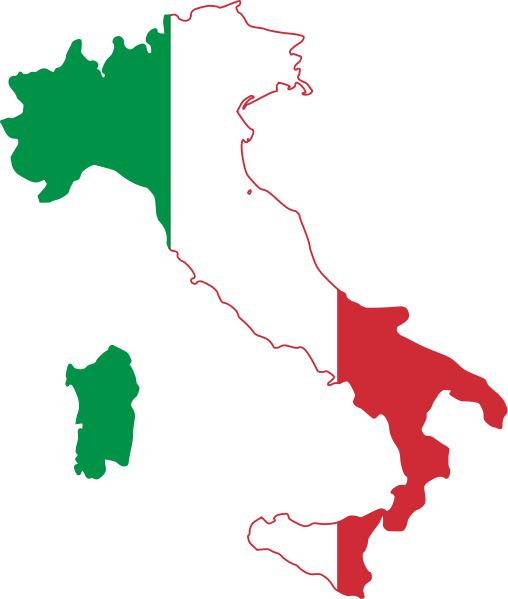-
The
language ways
-
-




-
-
Index
-
1)
The phonemes
-
2)
Some game rules
-
4)
International homonyms, or false friends
-
5)
Stylistic devices of English
-
Contact
-
-
3)
Examples of main interpretations
-
-
Language
English
French
Spanish
Portuguese German
Italian Russian
Chinese
Arabic
Hindi Japanese,
*colloquial, °archaic, [phonetic] Phongz font, “,” other kind
of homonyms (near vowel, partially pronounced with accent).
-
-
Mother,
father, brother, sister =[‘mʌðər
‘brʌðər] =
-3.
-
M
+ other + fa
(he does) + bR [ber]
ver
(to see) + other +
si
(if) si
(yes) si
(yes) + ist
(is) + [ər] ≈
heure [œʀ]
(hour).
-
-
Free
school called home. =
- 5°
-
=
freeze cool called old cold + au
[o] (at the) + home.
-
-
One
two three
four. = 0
-
= without H
it won’t be too tree for air.
-
-
Easy to do.
-
[i:zi tu du]
= 3
-
it
is easy to sit on this sit where you can see the sea + 2 + du
[du:] (you)
+ do + doux
d’ou d’où [du du du] (soft
+ from or + from).
-
-
He talks
about the bad weather by the past, and explains his belief in
teaching. = 1 + 15 = 16
-
=
he + тóлько
[tolka] (only)
toll out of a cab, bad way sir, buy the path + stA
= [steɪ] = stay,
index plain is bull leaf fine + 一
[itʃ]
(one) each + itch +
hitch.
-
-
This
week is filled. =
6
-
=
this weak wick, kiss, feel viel
[fi:l] (plenty
of) fils
[fil] (thread)
+ fee + fient
fis [fi fi] (they
trusted + I/you did, without their pronouns) + number six =>
sentence filled of “I”.
-
-
To close
that pathetic door, you know that. = -1+ 0 = -1
-
=
took hook, clothe hat, at path attic door + d’or
(of gold) + Ohr
(ear) + or you nose
at.
-
-
Because
the boat of hundred feet of length still operate now. =
[bɪ'kɒz ðə bəʊt ɒv hʌndrəd fi:t ɒv leŋ(k)θ ɒpəreɪt
stɪl naʊ] = 7 or 8 ?
-
=
vi [bi]
(I saw) +
cause + causent
eux, osent bottes [koz æ ozə bɔt]
(talk + them + dare
+ boots) + of fun off un- + D
[de] + red + head
aide
[ɛd] (help) + fit
feat it still steal steel + stiel
still stil (stalk
+ calm + style) + o (= or in Spanish) + fell hope air rate eight ate
= 8 (number of the rate).
-
-
The army has
begun there. = 1
-
= arm (=
“poor” in German) arm harm arm me, the army, big gun un-, in the
air at the second floor.
-
-
Take
the steering wheel. =
4
-
= T ([te] in
French like tes = your {+ plural}, or t’es = you are) + ache +
steer + ST (which spelled in French [ɛste] could mean “este” =
“this one” in Spanish) + ear + will (modal/want) + wheel (could
symbolise 0 or O).
-
= you will
take the wheel (proper and figurative meanings), listen because you
have ache…
-
-
This
mill makes good flour. =
2 [tu:] (= to)
-
=
The smile ill + M ([ɛm]
= aime = “love” in French) + île il (=”island he” in
French) + il (= “the” in masculine in Italian) + the mill’s
meal may in may + goût d’ [gu d] (= “taste of” in French) +
flower [‘flaʊər]
(exactly the same English phonetic as flour).
-
-
During
the game, make it with proficiency.
= 3 + 9 = 12.
-
= Dur (=
“hard” in French) ring, the gay aim may + ma (= “but” in
Italian) + [ki t] (by spelling the “T” in French we’ve got =
qui t’es = “who are you” in French) + we + P (= [pe] spelled
in French, so it could give : [pɛ] = paie = “pay” in French +
[pɛʁ] père = “father” in French, perd = “loose” in
French, pair = peer in French, [‘pero] pero = “but” in Spanish
+ fit [fi] = made in French =>) but the father peer lost the made
+ (un- + si = “if” in French =>) not if.
-
-
The tale of
the fine daring sheep which bit a knee on a beach =17.
-
= the tale
of love, the tail of the sheep [ʃi:p] + fine = “thin” in French
+ fine (ticket) dare ring + written dar = “to give” in Spanish +
cheap [tʃi:p] cheep [tʃi:p] / chip [tʃɪp] / ship [ʃɪp] + which
+ beat [bi:t] a bit [bɪt] beet [bi:t] + French nis nid [ni ni] =
“deny nest” + ni = “two” in Chinese and Japanese + knee on a
[ə] ≈ eux [æ] = “them” in French = > the knees + bi (two)
+ beech [bi:tʃ] + bitch [bɪtʃ].
-
-
From the
plane it could seem invisible =12.
-
From
homme = “man” in French + home the plain (obvious) plane (tree)
plane (map) neat could + coude [kud] cou = “elbow neck” in
French + seem + cime [sim] = “peak, top” in French + in V + vise
[viz] = “aim at” in French + I + bL [bɛl] (L spelled in French)
= feminine gender of “beau” : French for beautiful + twelve = to
L + V spelled in French = [ve] ≈ [vɛ]
= vais = “I go”
in French.
-
-
They said
that the camera saw the suite without the mattress = 8.
-
[esɛ]
= “testing” in French + sed sed sede [seð
seð
‘seðe]
= “be thirst seat” on the second person of plural imperative
present in Spanish + s'aide = “help him/her/itself or themselves”
in French + head + camera = “bedroom” in Italian + saw (tool)
sweet with how T the M at + matt mat (dark carpet) + мать [mat]
= “mother” in Russia + tress.
-
-
Close!
The weather would provoke some leaks on the vice =
-2 + 2 = 0.
-
Close
[kləʊs] (near) close [kləʊz] (end) clothe [kləʊð]
+ weather whether (either) wether (sheep) ['weðər
'weðər
'weðər]
wood PRV “OK” some lick [lɪk] leek [li:k] + weiß weiß [vaɪs
vaɪs] = “know white” in German + vice (instead of) vice
(fault).
-
-
At
the bottom we can see the child
= 4.
-
At
the bottom + homme beau ôte bottes [ɔm
bo ot bɔt] =
“beautiful man removes boots” in French + weak week see the
shield [ʃi:ld].
-
-
The
police in the centre =
5.
-
a
[ə] [pɔlis] =>
eux
polissent [ø
pɔlis]
(them
polish) + seen scene +
cын
[sin] (son)
+
sin
[sin] =
(without) + sin + the c- [əs] ≈ us [ʌs]
us + enter.
-
-
-
Index
-
1)
The phonemes
-
2)
Some game rules
-
4)
International homonyms, or false friends
-
5)
Stylistic devices of English
-
Contact
-
-
Copyleft
-
5/10/2008







